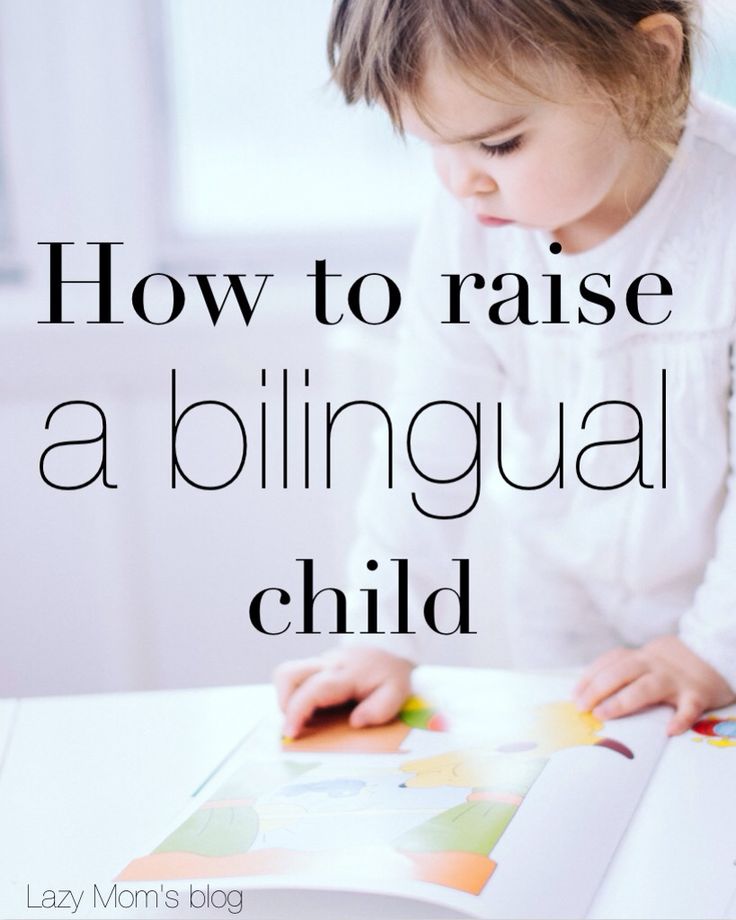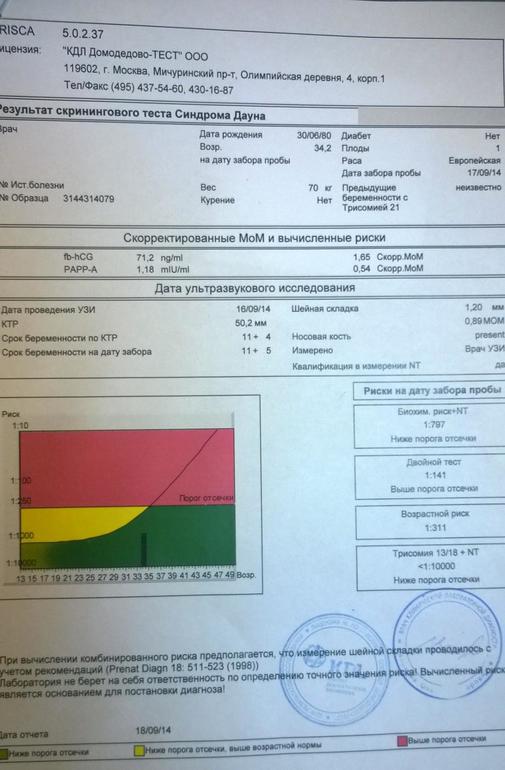How to raise a spirited child
The Best Strategies for Parenting a Spirited Child Parenting From The Heart
Parenting a spirited child is a very involved, dynamic, & rewarding process. Find positive parenting strategies to parent your spirited child here.
Get a free printable with tips for parenting a strong-willed child at the bottom of this post.
There are times where I wonder if my two kids are trying to reenact a scene from Lord of the Flies.
Really.
In our household, something as simple as changing them into their pyjamas can warrant a blood-curdling scream. In all honesty, trying to force them to do anything is completely futile.
Don’t get me wrong, my three-year-old son and four-year-old daughter are beautiful souls. They are wonderful, heartfelt, affectionate little people. But let’s be honest, my two little ones are anything but placid. They are strong-willed, outspoken, and challenging.
Related reading: This is the key to parenting a strong-willed child
Are these kids just difficult or is there more to it?
While all toddlers exhibit a desire for autonomy, spirited children tend to be incredibly forthright, have particularly strong feelings and can seem like they are on an emotional rollercoaster. In fact, their parents often feel like they’re along for the ride too.
How do you know you have a spirited child?
According to WebMD, one in ten children can be classified as ‘spirited’.
- These incredible little people don’t accept instruction at face value.
- They fight fiercely to be in charge of themselves and want to be right.
- Despite their strong-willed nature, they are sensitive and feel a plethora of big emotions.
Though they keep any parent on their toes, spirited children undoubtedly will make for some of the most successful adults. Because they are unwilling to conform for the sake of obedience, they are critical thinkers and have profound empathy, spirited children have the capacity to be incredible leaders.
But how do you get from point A (the willfulness and big feelings) to successfully raised adults with your sanity intact?
How can we parent these lively children while preserving their spirit?
Based on my experience and some research, here are the best strategies I’ve found for parenting a spirited child.
Best Strategies For Parenting A Spirited Child
Establish a routine and stick to it.This doesn’t mean have a regimented schedule. So much of the joy of having kids is living in the moment. That said, having a predictable rhythm to your day makes transitions much easier for young children. As one resource on early childhood states, “Providing consistent rituals for transitions can often provide children with enough security to know what to expect at certain times.”
Parent proactively by setting expectations and giving warnings.Outline the day before it starts.
Then, when transitioning (i.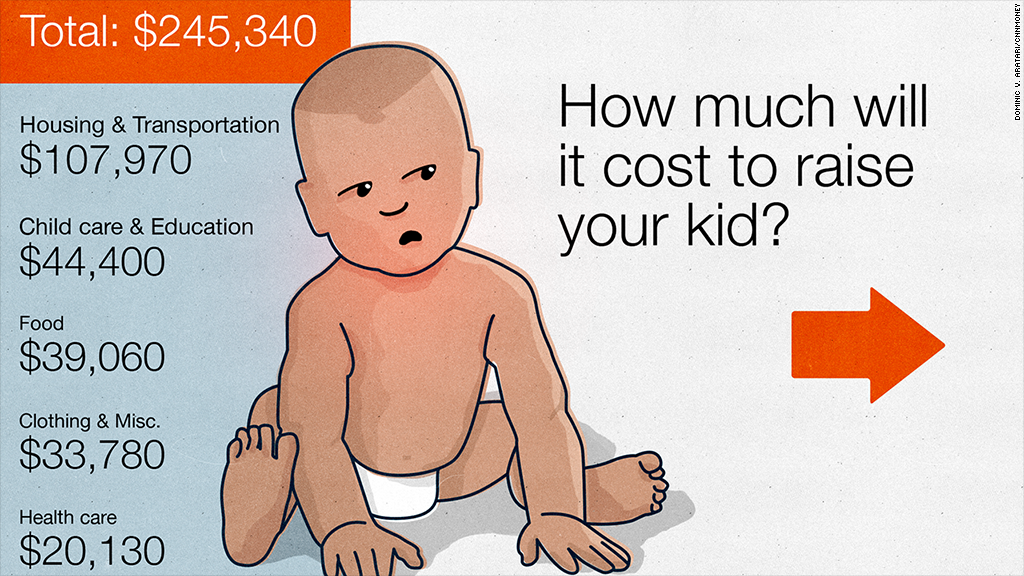 e. driving from the car to school, for example), discuss what is to come. Knowing my child can doddle getting into school, I will outline getting out of the car and to the school door quickly. Before going to a restaurant, we explain to our children what will happen and what is expected of them. Dessert comes at the end for good behaviour.
e. driving from the car to school, for example), discuss what is to come. Knowing my child can doddle getting into school, I will outline getting out of the car and to the school door quickly. Before going to a restaurant, we explain to our children what will happen and what is expected of them. Dessert comes at the end for good behaviour.
Two invaluable assets a parent has when parenting a spirited child are their trust and understanding of one another. Because the feelings of spirited children are so big and so dynamic, consequences and discipline MUST preserve the integrity of the parent-child relationship. Natural consequences are consequences that result directly from bad decisions. For instance, refusing to put on a jacket in freezing weather means my child steps outside and is incredibly cold (don’t worry, I have the jacket on hand for when he concedes).
Logical consequences are ones that are chosen by the parent based on their child’s poor choices. In the jacket example, my child would not be allowed outside until she put her jacket on. Both make more sense than arbitrary punishments.
In the jacket example, my child would not be allowed outside until she put her jacket on. Both make more sense than arbitrary punishments.
Find a solution to the power struggle or behaviour together.
Part of what makes spirited children so special is their strength of personality. In order to reinforce this personality trait and diffuse power struggles, work together find a way to recity their problem.
Avoid punishment.While yelling, spanking, timeouts and other methods of punishment may make sense at the time, or may give you release, they aren’t effectual strategies for teaching children how to manage their emotion or internalize values.
When your child is having difficulty with self-regulation, hold them close and empathize.Punishment often has little or no effect on the misbehavior, and takes the responsibility for the misbehavior away from the child. Children need to be accountable for their own behavior in order to learn the inner control necessary to function as healthy, self-disciplined individuals.
A child who is punished with spankings, shouts, and threats may learn how to avoid these punishments simply by not misbehaving in that particular way within sight of the person who punishes. There is no guarantee, however, that the child’s behavior will be changed over time or when she is away from the person who punishes her. – Center for Early Education and Development, Univeristy of Minnesota
At such a young age, it is difficult for children to navigate their feelings. Sending them to their room is a great choice if you join them. Isolating your child to encourage them to calm down can actually lead to more upset and more insecurity. Empathy is an indispensable tool. It both acknowledges the child’s feelings and provides them with the words to label their upset.
Be attentive to their emotional needs.As previously stated, parents of spirited children can feel as though they are passengers on their child’s emotional roller coaster.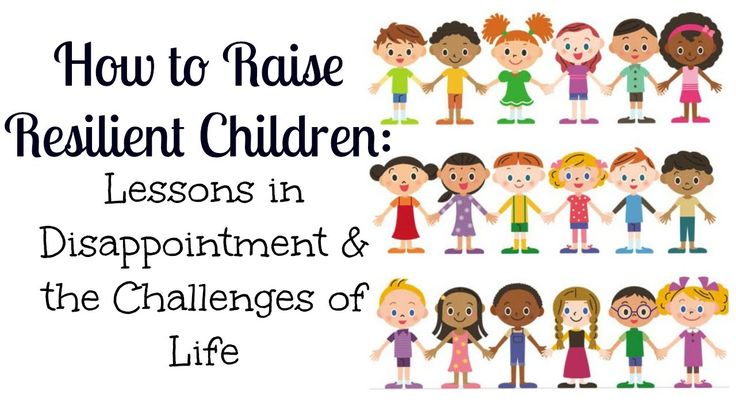 Certainly, it may seem more logical to dismiss their feelings. We don’t want them more upset. However, it is much more beneficial to acknowledge their feelings. Then, provide them with tools to move through the issue at hand.
Certainly, it may seem more logical to dismiss their feelings. We don’t want them more upset. However, it is much more beneficial to acknowledge their feelings. Then, provide them with tools to move through the issue at hand.
Scaffold their self-regulation and compliance.“…multiple studies [have shown] that parents who respond to their children’s emotions in a comforting manner have kids who are more socially well-adjusted than do parents who either tell their kids they are overreacting or who punish their kids for getting upset. In general, being supportive—which can include comforting the kids, helping them to deal with their emotions, or helping them take care of the problem—tends to be related to better regulation in kids,” – Nancy Eisenberg, Arizona State University
Children can perform better on certain tasks when their parents or an advanced peer is working with them. For example, being close to my daughter allows her to get over her frustration faster. Or, when my son tells me he can’t clean up, I sit beside him. He cleans up well when I help him.
Or, when my son tells me he can’t clean up, I sit beside him. He cleans up well when I help him.
Without a doubt, parenting a spirited child is an involved, formidable endeavour. With the right strategies, we can parent a strong-willed child without breaking their spirit.
Bright Horizons | Parenting Tips For Raising Your Spirited Child
In her book, "Raising Your Spirited Child," author Mary Sheedy Kurcinka explains, “The word that distinguishes spirited children from other children is the word more. They are normal children who are more intense, persistent, sensitive, perceptive, and uncomfortable with change” (page 9).
Parenting is a bumpy road, and traversing it with a child who experiences life more intensely than others makes it feel even bumpier. For a smoother ride, try the following parenting tips:
Supporting Positive Child Development of a Spirited Child
Accept. We all have days, weeks, and more when we feel frustrated and overwhelmed. Sometimes we don’t understand our child’s behavior. Other days we feel like we are salmon swimming upstream. Accept that you cannot change who your child is, but you can work to improve both of your day-to-day experiences. As the positive discipline model states, there are no bad children, just bad behaviors.
We all have days, weeks, and more when we feel frustrated and overwhelmed. Sometimes we don’t understand our child’s behavior. Other days we feel like we are salmon swimming upstream. Accept that you cannot change who your child is, but you can work to improve both of your day-to-day experiences. As the positive discipline model states, there are no bad children, just bad behaviors.
Reframe. Focusing on strengths gives hope to you and your child. A negative adjective, such as stubborn or disobedient, can be painful. Labels stick; children often end up identifying themselves with the adjectives they hear. If your child hears the same label over and over, he or she may adjust behaviors to consistently meet that expectation. Instead, use adjectives that encourage positive child development and behavior. A word such as persistent rather than argumentative allows you and your spirited child to see him or her in a positive light—as a person who is committed to a task, goal-oriented, and unwilling to give up. Remind yourself how important these attributes are in life.
Remind yourself how important these attributes are in life.
Observe. Make a few quick notes in a journal for a week or two. When do challenges occur? Is it a particular time of day—morning, evening, before meals, or after school? Do certain events or situations ignite reactions? Seek out the reason behind the action. Look for connections and patterns between events and behavior. Similarly, record what situations allow your child to thrive. The first step in helping your child change his or her reaction is to understand why it may happen in the first place.
Look for solutions. Use the information from your observations to make changes. If given a few minutes of solitude in the morning, does your child get ready for the day easier? Does your child calm down when using his or her senses, such as playing with playdough, sand, water or holding the soft side of a pillow? Does some unstructured outdoor play time before tackling homework make for a calmer homework session? Look to make new routines based on the information you have learned.
Set consistent and clear expectations. Together with your child, set expectations for upcoming events, but allow opportunities for children to exercise their own control and judgement within this framework. “To get to school on time, we need to leave by 7:30. How will you help us meet this timeline?” Together write down his or her suggestions and read it again as the event nears to ensure success. Continue to encourage child development through positive discipline and parenting by offering specific praise for positive behaviors.
Introduce the concept of a do-over. Explain to your child that everyone makes mistakes, and that sometimes people wish they could take back what they do or say. A do-over can give a clean-slate to begin the interaction again. First, model using it yourself. Say, “I just realized that I answered too quickly. I am going to take a do-over. I thought about it again, and yes you can have a cookie after dinner.” When you see your child react quickly, offer him or her the option of using a do-over.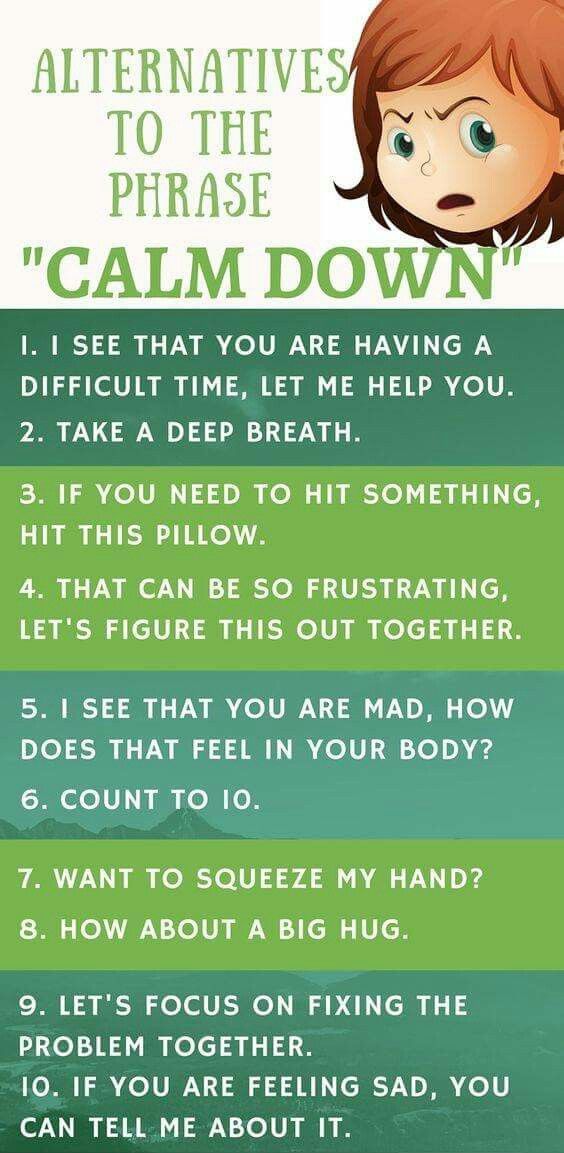 “I see you started to yell when I asked you to put your shoes on. Let’s take a do-over and begin again. How will you respond this time?” This gives your child the power to change his or her behavior without having to enter a conflict with you. Eventually, your child may recognize the need for a do-over and ask to use it on his or her own.
“I see you started to yell when I asked you to put your shoes on. Let’s take a do-over and begin again. How will you respond this time?” This gives your child the power to change his or her behavior without having to enter a conflict with you. Eventually, your child may recognize the need for a do-over and ask to use it on his or her own.
While raising your spirited child, you will find that some strategies work for your family and others will not. What works on Monday, may not on Saturday. Be patient, give it time, and celebrate the success of every small step forward.
Webinar: Tapping Into Your Child's TemperamentLearn how genetics, life experiences, and interactions with adults in your child’s life can help shape his or her unique temperament and personal style. And discover how to adapt your parenting style to fit your child, manage especially spirited behavior, and celebrate your child’s uniqueness.
How to raise an active and energetic baby?
home
Parents
Expert advice
Psychologist's consultation
Child's age: 2.10
How to bring up an active and energetic child?
Hello! Child 2.10 is very naughty and naughty. He hasn't gone to the garden yet. We spend most of the time with him alone, my husband is constantly at work, we live away from relatives and friends. By the evening, after his numerous antics, I can’t stand it and break down on him, I scream very much, it’s physically bad for me. This is always preceded by long explanations in a calm tone, for example, that children should not climb to the stove (when he turns on all 4 burners), that when he ate, you need to give me a plate, and not splash the rest of the soup all over the kitchen, that you can’t beat your mother (when he suddenly can hit me over the head with a pyramid when I helped collect toys for him).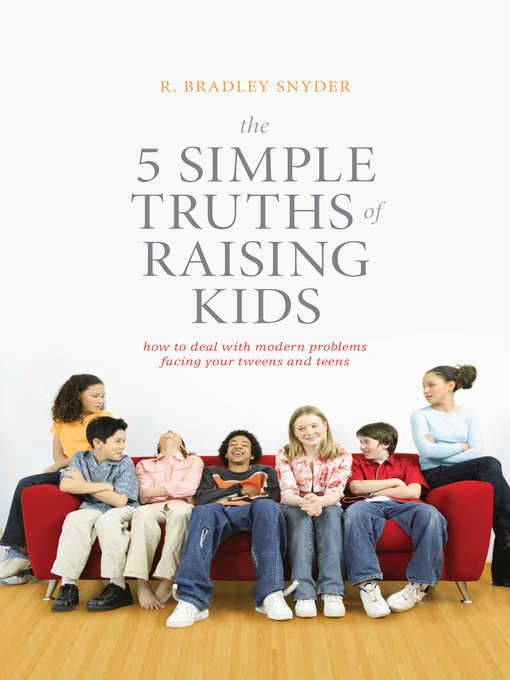 I feel my powerlessness, despair, anger, then a wild feeling of guilt. Often he carries him like that, I can’t cook dinner with such games of his. Instead of one hour, I spend 2-3 hours and it exhausts me. We play at least once a day together, read, help me around the house, watch cartoons for kids for 15-20 minutes a day. What am I doing wrong? What does his behavior say? What is my rage about? How to improve the world? I want to fall through the ground after such conflicts.
I feel my powerlessness, despair, anger, then a wild feeling of guilt. Often he carries him like that, I can’t cook dinner with such games of his. Instead of one hour, I spend 2-3 hours and it exhausts me. We play at least once a day together, read, help me around the house, watch cartoons for kids for 15-20 minutes a day. What am I doing wrong? What does his behavior say? What is my rage about? How to improve the world? I want to fall through the ground after such conflicts.
Olga
Hello Olga.
Raising an energetic baby is another test for mother's nerves. I really want to support you. Please watch one of our video tutorials - just on your topic https://www.ya-parentel.ru/media/gallery/lessons/videouroki-kak-ne-sryvatsya-na-svoem-rebenke/ I also advise you to read a wonderful book " Mom at zero ”Anastasia Izyumskaya. You can also take into account the advice of Lyudmila Petranovskaya https://www.youtube.com/watch?v=MgcS-YlCl50
The child's behavior only indicates that he has a mobile temperament, he is lively and active. This is not his character, but the features of temperament, so this should be taken for granted. If you have any concerns, then show the child to a good neurologist. Your patience and habit of explaining to the child how and, most importantly, why one should behave in this way causes admiration and respect. This is exactly what you should do - clearly but kindly stop unwanted behavior and explain why it is not possible to do this and how upsetting such behavior is for you. Periodically give the child the opportunity to choose between behavior with a negative result and behavior with a positive result (if there is no threat to life and health, of course). Be sure to reinforce the desired behavior – more so than sanctioning the unwanted behavior. So the child will be easier and easier to learn to choose between impulsive behavior and strong-willed. His volitional processes are now in the process of development and formation, of course, the child is easily amenable to impulses. But as he grows older, while helping him in this process, negative manifestations will be smoothed out and get out less and less.
This is not his character, but the features of temperament, so this should be taken for granted. If you have any concerns, then show the child to a good neurologist. Your patience and habit of explaining to the child how and, most importantly, why one should behave in this way causes admiration and respect. This is exactly what you should do - clearly but kindly stop unwanted behavior and explain why it is not possible to do this and how upsetting such behavior is for you. Periodically give the child the opportunity to choose between behavior with a negative result and behavior with a positive result (if there is no threat to life and health, of course). Be sure to reinforce the desired behavior – more so than sanctioning the unwanted behavior. So the child will be easier and easier to learn to choose between impulsive behavior and strong-willed. His volitional processes are now in the process of development and formation, of course, the child is easily amenable to impulses. But as he grows older, while helping him in this process, negative manifestations will be smoothed out and get out less and less. We cannot change the characteristics of the child's temperament, but we can teach, train him to manage his energy, use it for peaceful purposes - and this is a rather lengthy process. Therefore, when choosing circles and sections for him, pay attention to those that involve high physical activity - but without the development of aggression. So it will be easier for the child to spend energy with benefit, to understand and learn to benefit from his temperament. And you - to devote more time to yourself, if possible, to activities that restore your peace of mind, strengthen you - and live these moments of joy as consciously and actively as possible.
We cannot change the characteristics of the child's temperament, but we can teach, train him to manage his energy, use it for peaceful purposes - and this is a rather lengthy process. Therefore, when choosing circles and sections for him, pay attention to those that involve high physical activity - but without the development of aggression. So it will be easier for the child to spend energy with benefit, to understand and learn to benefit from his temperament. And you - to devote more time to yourself, if possible, to activities that restore your peace of mind, strengthen you - and live these moments of joy as consciously and actively as possible.
Margarita Lopukhina,
Psychologist of the portal “I am a parent”
Raising energetic children is difficult, but there is a downside!
You know that everyone has muscles, but do bodybuilders have super muscles? This compares to the extra level of stubborn tenacity you'll find in an energetic child - above average, undisputed champions. They don't understand the phrase "quit it" and they don't have any of your nonsensical suggestions about what they "should" do.
They don't understand the phrase "quit it" and they don't have any of your nonsensical suggestions about what they "should" do.
And much like a "normal" person trying to keep up with a bodybuilder in a weightlifting competition, it's exhausting. Especially when all you're trying to do is get your child to put on a coat in sub-zero temperatures, or take part in an activity that all other children do with courtesy, and you're tempted to yell "You'll do it after all!"
Active kids push boundaries, never agreeing to accept the status quo, always asking questions. They say "why?" when others just say "okay". They don't take anyone's word for it, preferring to test theories on their own, even if it means learning something the hard way.
It's exhausting and maddening no doubt, but there's beauty in their courage too—they're not afraid to take risks and learn from experience rather than relying on second-hand information.
Their energy seems to be limitless, from the moment their eyes open in the morning (well, at dawn) to the moment you make them sleep at night, even if they are not "tired. " It's just that the world is their oyster - or at least that's how they see it - and they want as many waking hours as possible dedicated to its victory. It's a wonderful trait, but it's harder to admire if you're constantly trying to discourage them.
" It's just that the world is their oyster - or at least that's how they see it - and they want as many waking hours as possible dedicated to its victory. It's a wonderful trait, but it's harder to admire if you're constantly trying to discourage them.
Obedience is not their forte, but not because they deliberately try to make us lose our control; this is because they only obey when our requests coincide with their opinion. If they don't see the point in doing what we ask them to do, or if it doesn't feel right, they just don't do it. Of course, obedience is necessary in some cases, such as when we say "don't put your finger in that socket" or "look both ways before you cross the street." Sometimes children just have to do what we need to do, whether they want it or not.
But for more unimportant things, we have to ask ourselves if this is really worth the fight. It is a constant struggle to rein in an energetic child so that they only take orders for the sake of obedience, but even worse, if we manage to break this iron will and get complicity, we send the message that obedience is more important than doing what they feel, what is right. And the child who follows without question is so focused on doing what is required of him that they may not even notice if it is not in their best interest. Think of it this way: their determination to go their own way is frustrating right now, but it will be fantastic when other kids their age succumb to peer pressure.
And the child who follows without question is so focused on doing what is required of him that they may not even notice if it is not in their best interest. Think of it this way: their determination to go their own way is frustrating right now, but it will be fantastic when other kids their age succumb to peer pressure.
No matter how difficult it is to raise a cheerful child, it is even more difficult to become one. These are the "square pegs" that everyone is always trying to push into the round holes. Their feelings and opinions are great and intense, as is their tendency to follow them - which doesn't always fit well in scenarios where they have to be obedient and follow directions. They may be labeled as "problematic" or as having "disciplinary problems" when really all they want is autonomy - to be allowed to go to the beat of another drum.
Of course, there are rules that everyone must follow, but these are babies who are practically out of the womb, ready to do their own thing, so giving them some independence where you can is critical to their happiness (and yours). Let them cook their own dinner, even if it's not what you intended to do. Let them choose their own outfits because they don't care if the plaid matches the stripes as long as it makes them feel good. Outsiders may judge you, but that's only because they don't know what you're dealing with. If they had your child for a couple of days, they would quickly realize that you can't fight to the best of your ability.
Let them cook their own dinner, even if it's not what you intended to do. Let them choose their own outfits because they don't care if the plaid matches the stripes as long as it makes them feel good. Outsiders may judge you, but that's only because they don't know what you're dealing with. If they had your child for a couple of days, they would quickly realize that you can't fight to the best of your ability.
It's hard enough to raise these hard-working people without the input you seem to get almost daily. Opinions that you never asked for are given to you every minute. Have you tried eliminating gluten and red food coloring? Perhaps too much time in front of TV screens is the cause of all this excessive energy. You just need to find a good chiropractor/acupuncturist/faith healer! A good old-fashioned spanking can help!
Ignore the comments, watch their stubborn persistence and keep supporting (you'll need more coffee). It will be a long ride, but there is light at the end of the tunnel.